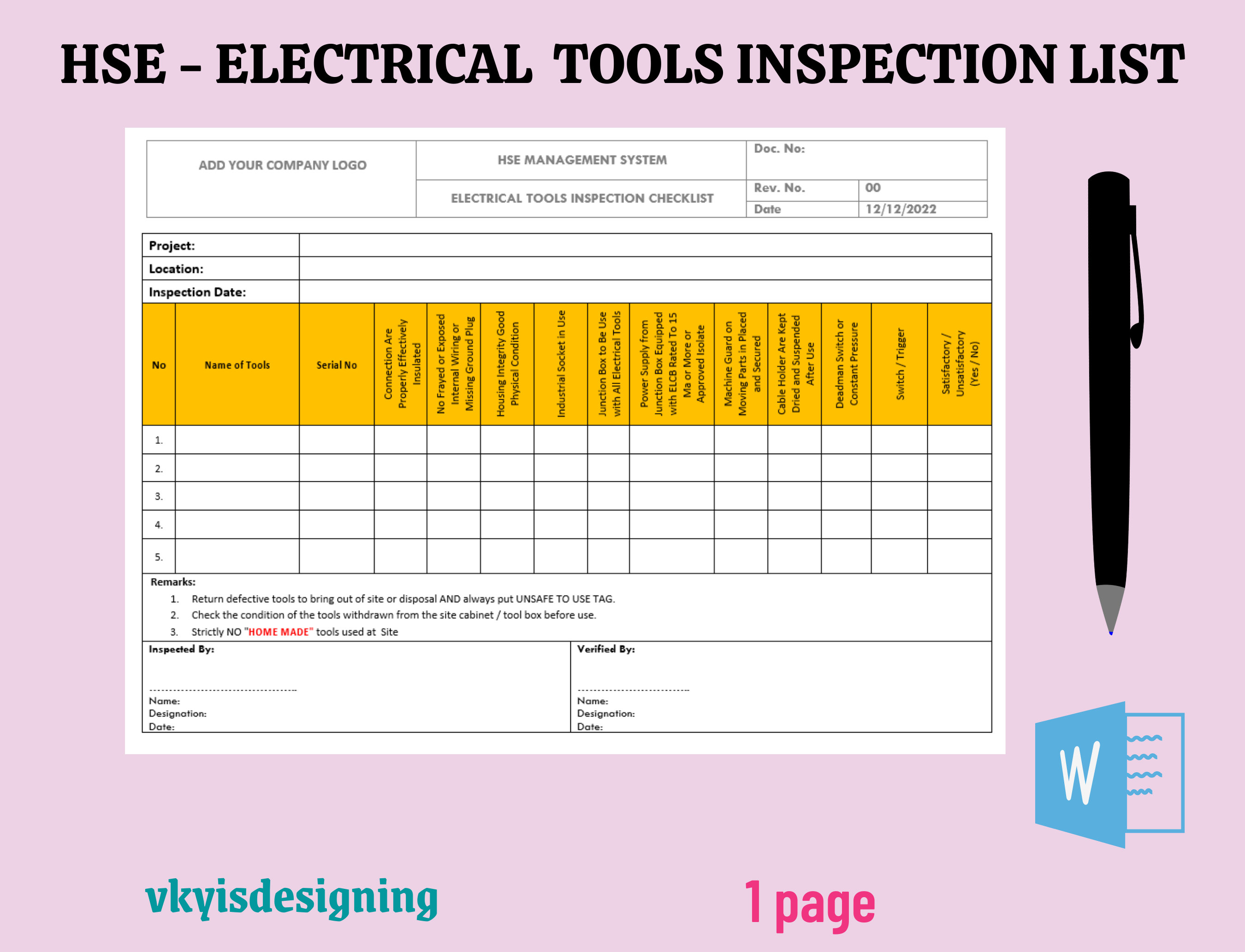Outside of the Socket: Comprehending Your House’s Wiring Well-being

In fast-paced world, we frequently take for granted the electrical systems in our homes and businesses. However, the reliability and safety of these systems are essential for our everyday lives. An electrical inspection goes beyond just checking if your lights turn on; it is a thorough examination of the wiring, fixtures, and overall electrical condition of a property. Understanding what an electrical inspection entails and its significance can assist property owners and business owners alike safeguard their investments and ensure the well-being of their families and staff.
As we delve into the different facets of electrical inspections, we will talk about common issues that occur during these evaluations, the rate at which inspections should be planned, and the crucial role they have in averting hazards such as fires caused by electrical issues. Whether a new homeowner or a commercial operator responsible for a business location, staying aware about electrical inspections can empower you to make more secure choices and ensure a safe space.
Understanding Power Inspections
Power assessments represent a critical process that secures the protection and functionality of a home's power system. An power inspection involves a thoroughly detailed evaluation conducted by a certified electrician or power assessor, who examines various aspects such as cabling, receptacles, panels, and general system integrity. This evaluation is designed to find potential risks, ensure adherence with local power regulations, and support reliable operation within residential or business properties.
The value of power inspections cannot be overstated. They serve as a protective measure against electrical failures, blazes, and various dangerous situations that may occur from a defective power system. By identifying issues such as old wiring, insufficient grounding, or excessively burdened circuits, property owners can address these problems proactively. This not only enhances safety but also assists in maintaining the durability of the electrical infrastructure.
Property owners should be informed that power inspections are not only necessary for safety reasons but also for legal and economic considerations. Many providers require verification of a recent inspection to manage claims related to power issues. Additionally, when selling a home, purchasers often request an power assessment to ensure the property is protected and up to modern norms. Thus, grasping the importance of power inspections is essential for maintaining a protected house and safeguarding one's investment.
Common Issues and Safety Concerns
During electrical inspections, various common issues may be recognized that pose safety risks to homeowners. One of the most prevalent problems is outdated wiring, which can lead to overheating and electrical fires. A lot of homes, especially those built several decades ago, may still have metal wiring or cloth insulation, both of which can be dangerous. Additionally, inadequate grounding or bonding can result in shock hazards. Inspectors look for these issues to ensure that all wiring complies with current safety standards.
Another important concern is overloaded circuits. In many cases, home electrical systems are not prepared to handle the demands of modern appliances and technology, leading to overburdened circuits that can trip breakers or cause permanent damage. In EICR Certificates Fife to this, faulty outlets, including those with loose connections or damaged components, can create fire hazards and heighten the risk of electric shock. An electrical inspection aims to pinpoint these potential dangers before they progress into serious problems.
Finally, it is common for individuals to neglect the importance of maintaining smoke detectors and carbon monoxide alarms, which are vital for early warning in emergencies. Inspectors often check these devices as part of their evaluation, ensuring they are operating properly. Addressing these safety concerns not only helps protect the occupants of a home but also enhances the overall value and integrity of the building.

Getting Ready for an Electrical System Evaluation
Gearing Up for a wiring inspection requires several phases to assist simplify the process and ensure a comprehensive evaluation of your home's wiring system. Start by collecting any pertinent files, like past evaluation reports, wiring schematics, or permits for prior electrical work work. This context gives the inspector with background about your home's power background and any previous issues that may still be present.
After that, ensure your home is easy to access. Eliminate any obstacles from areas where electrical components are located, like the fuse panel, outlets, and connections in attics or basements. This will permit the evaluator to navigate easily and perform a more detailed assessment. Additionally, disconnecting any superfluous appliances or electrical devices can help lessen issues during the evaluation process.
Finally, take the time to discuss with the assessor on any particular concerns you may have, including blinking lights or tripping breakers. This discussion can assist them focus on possible issues and give customized advice. By being vigilant in your prepping, you can help that the evaluation goes well and that you gain important information into the power status of your home.
